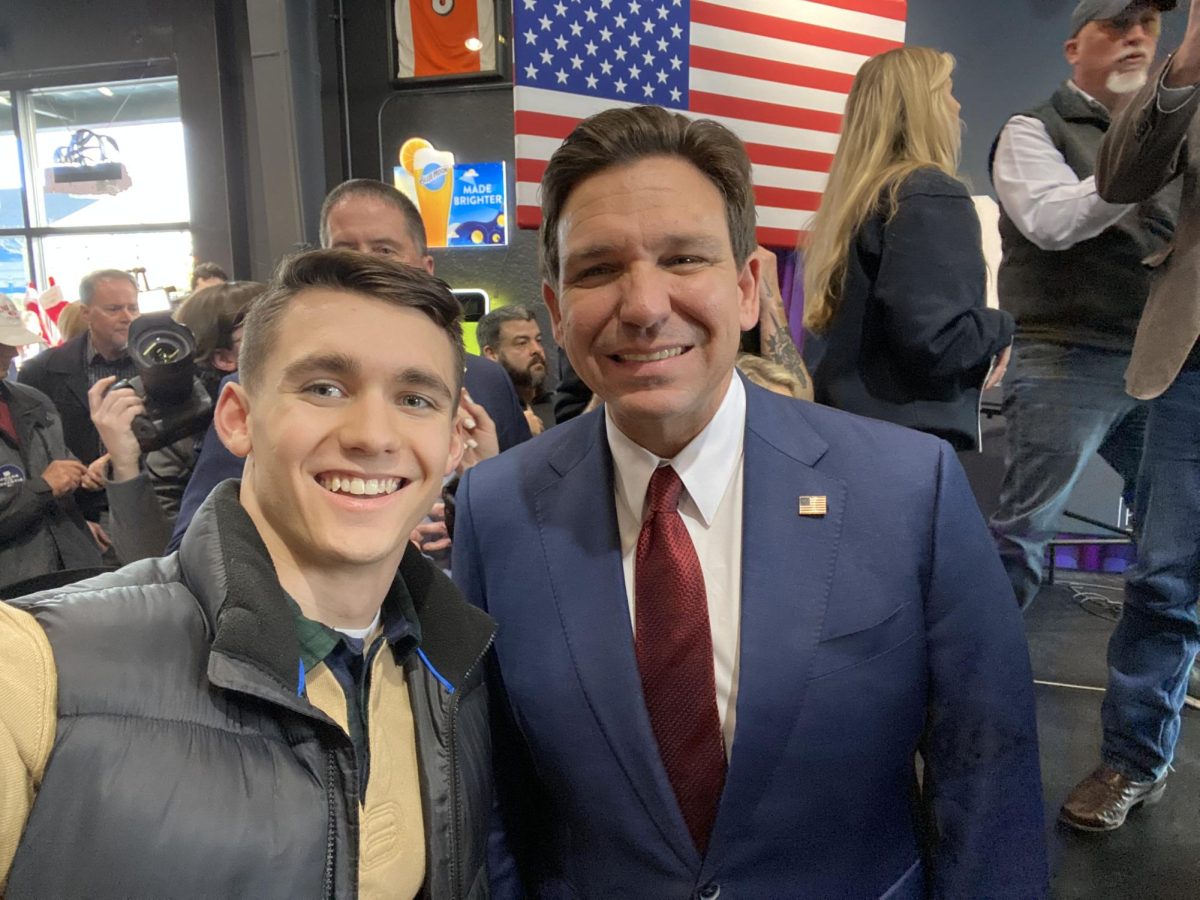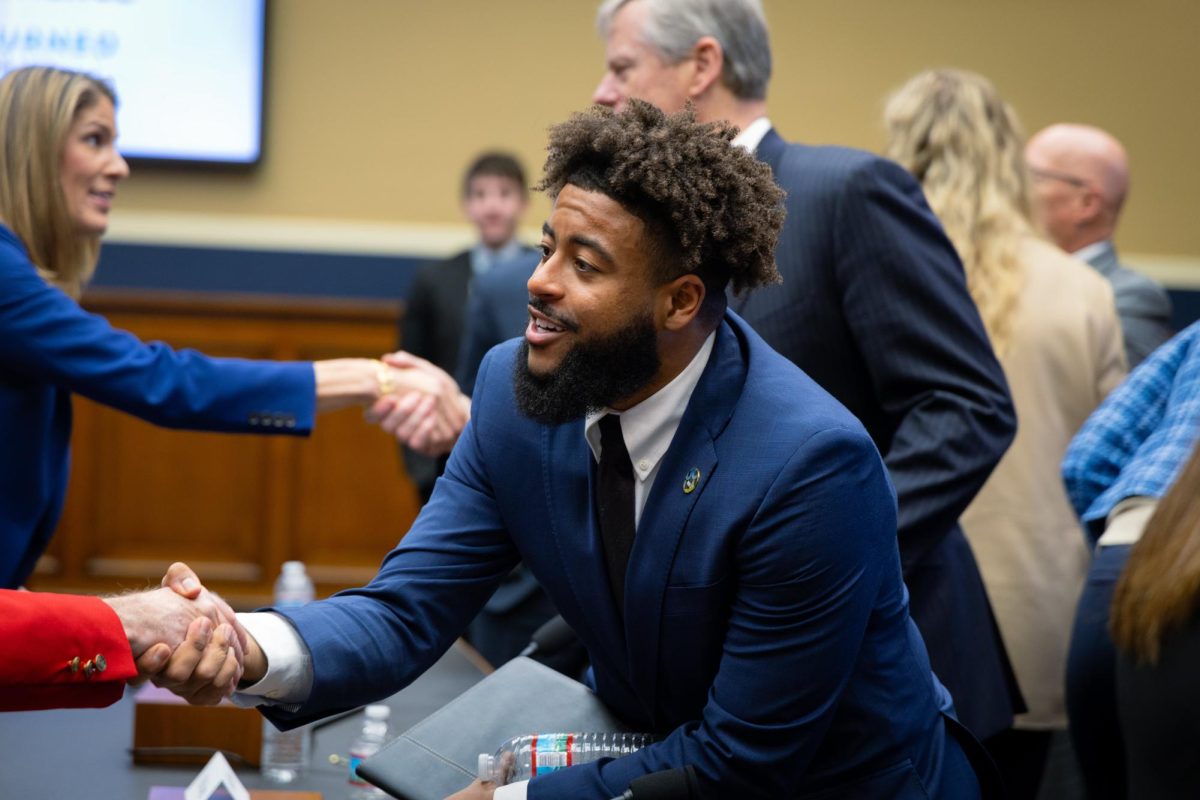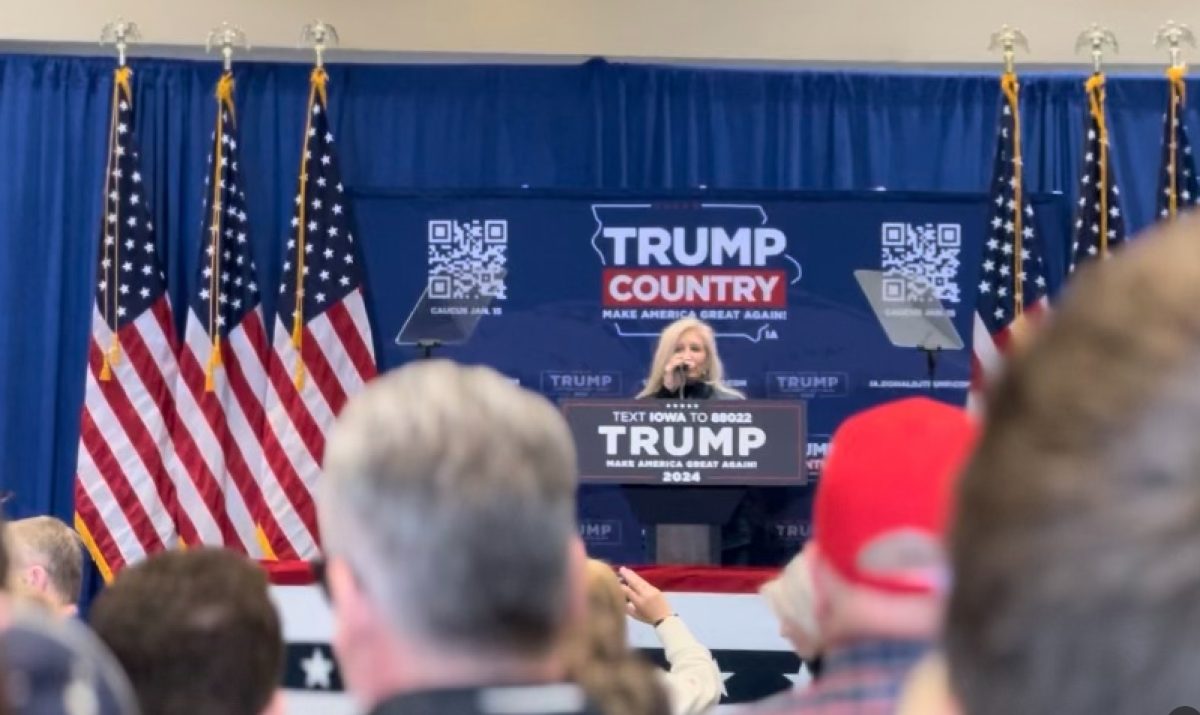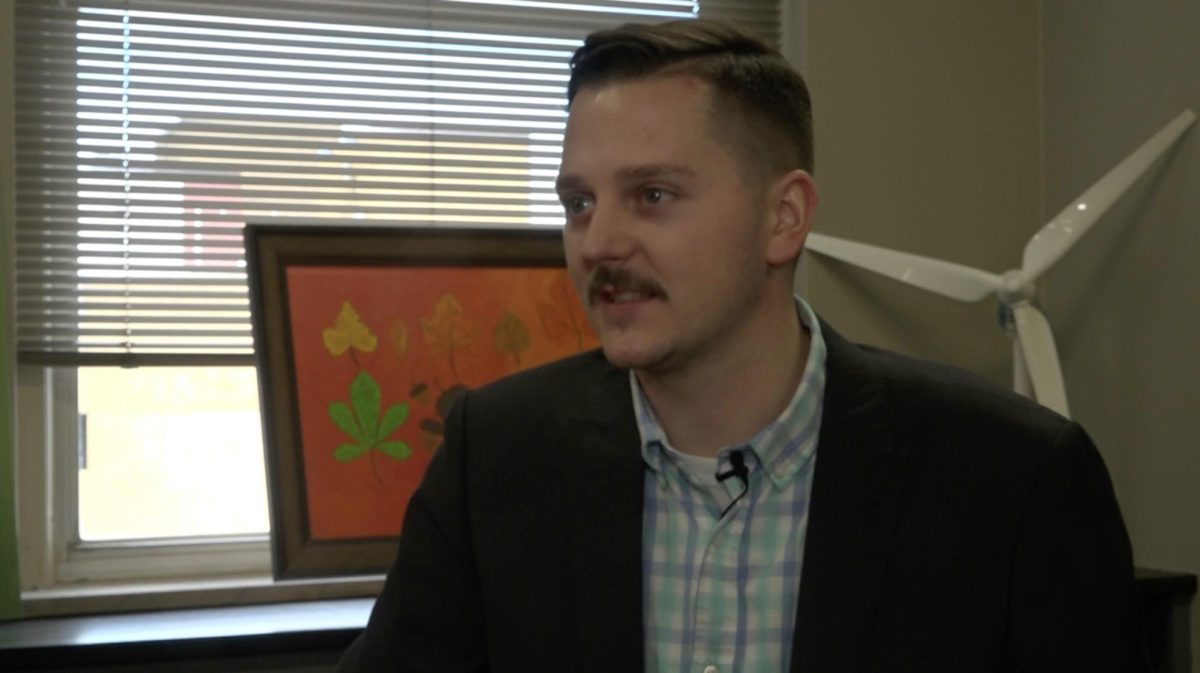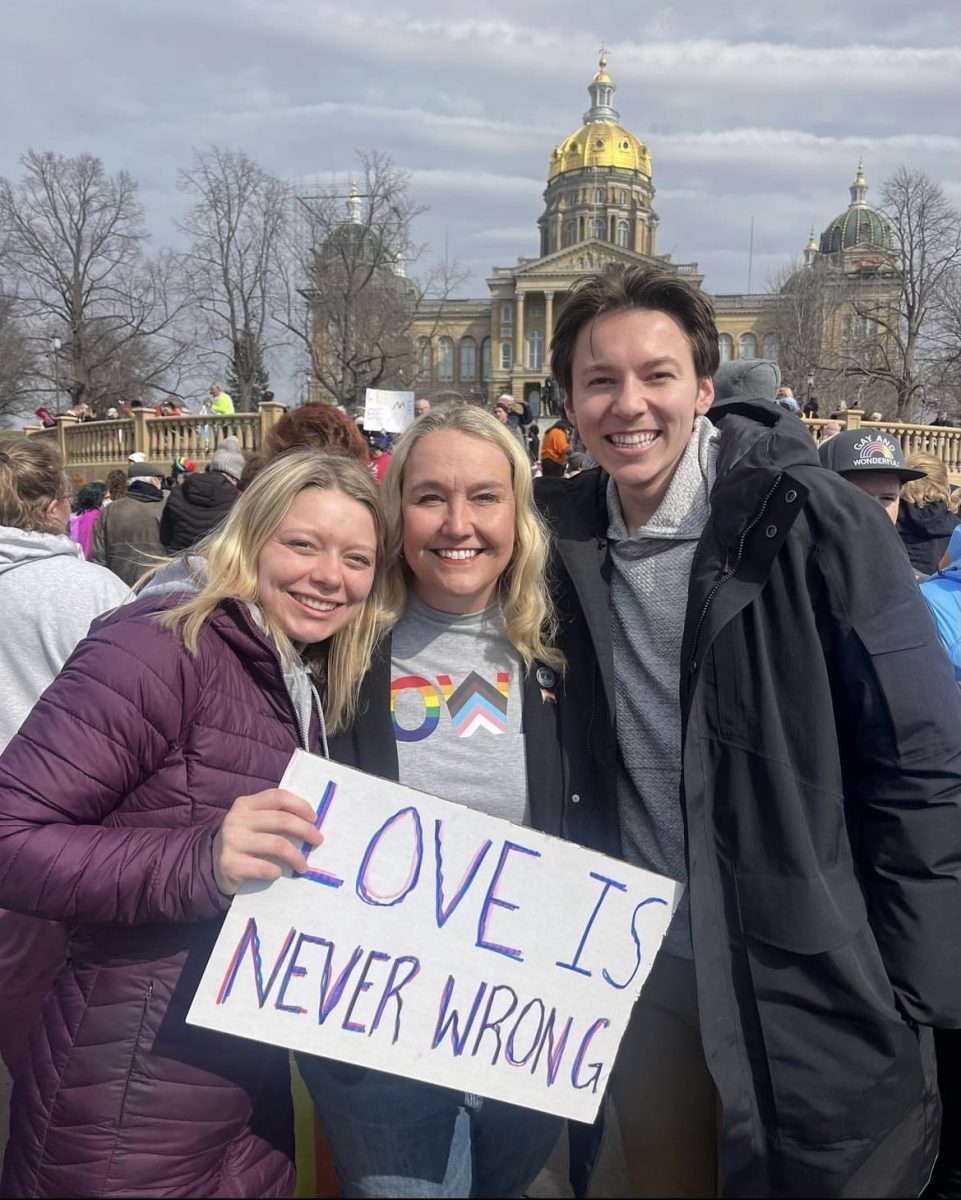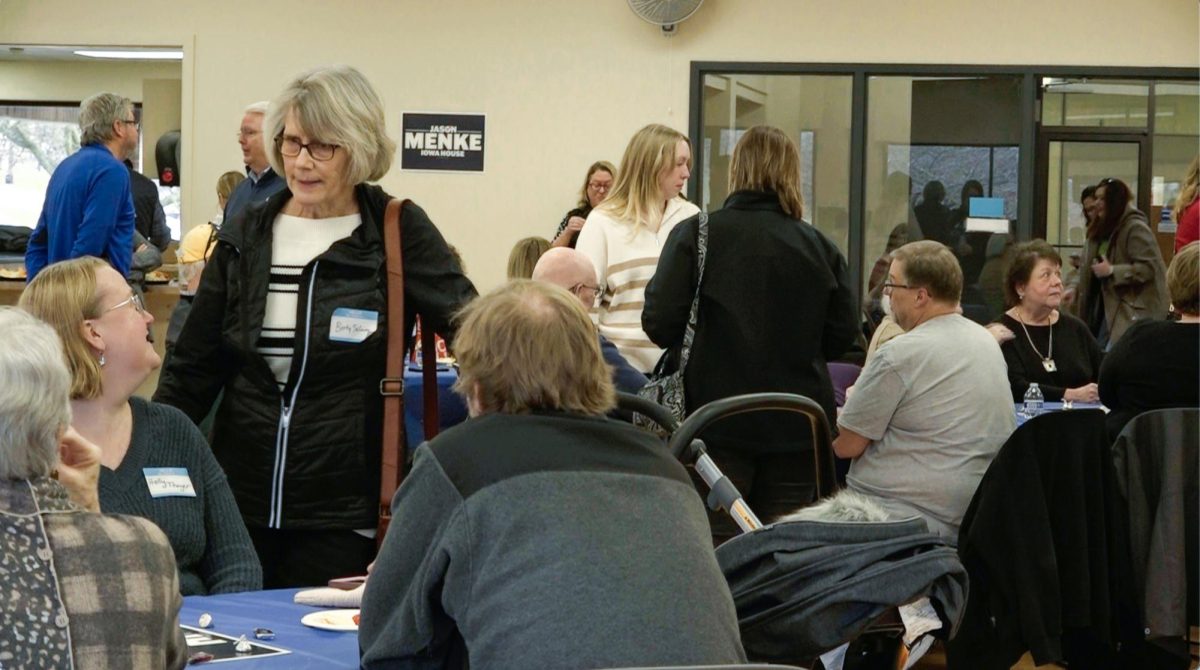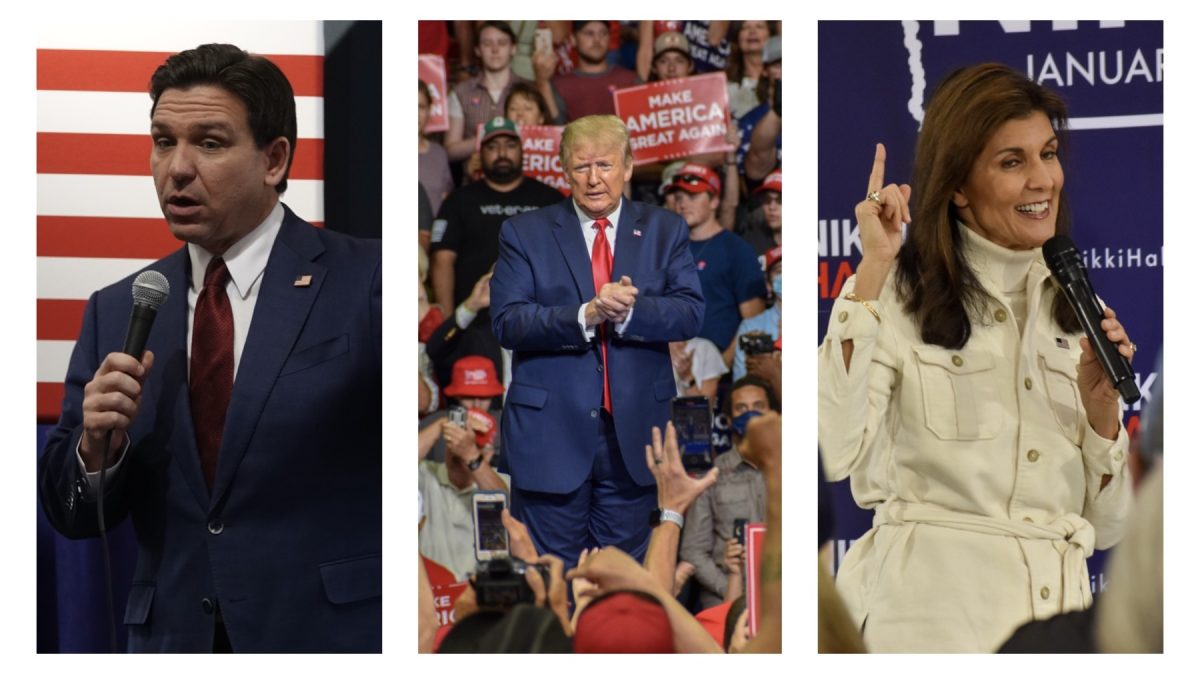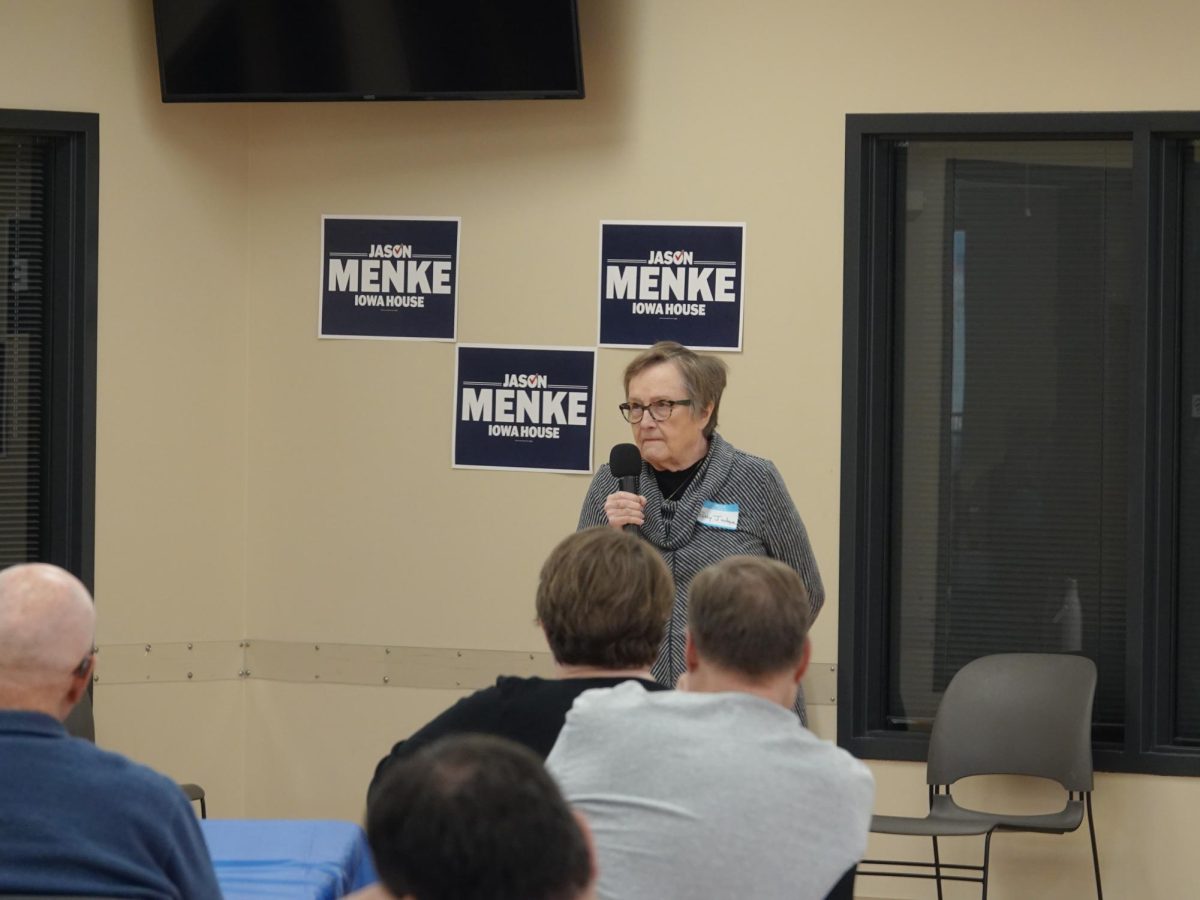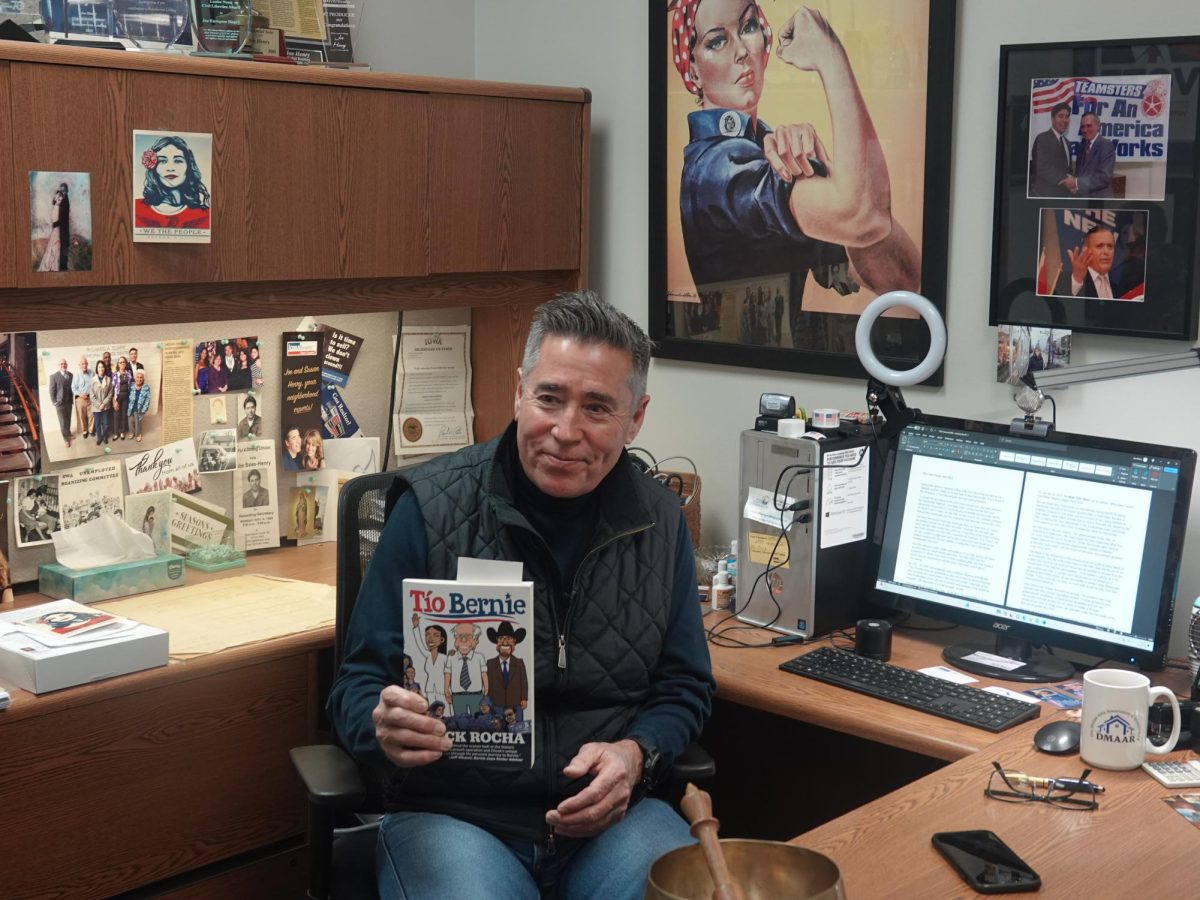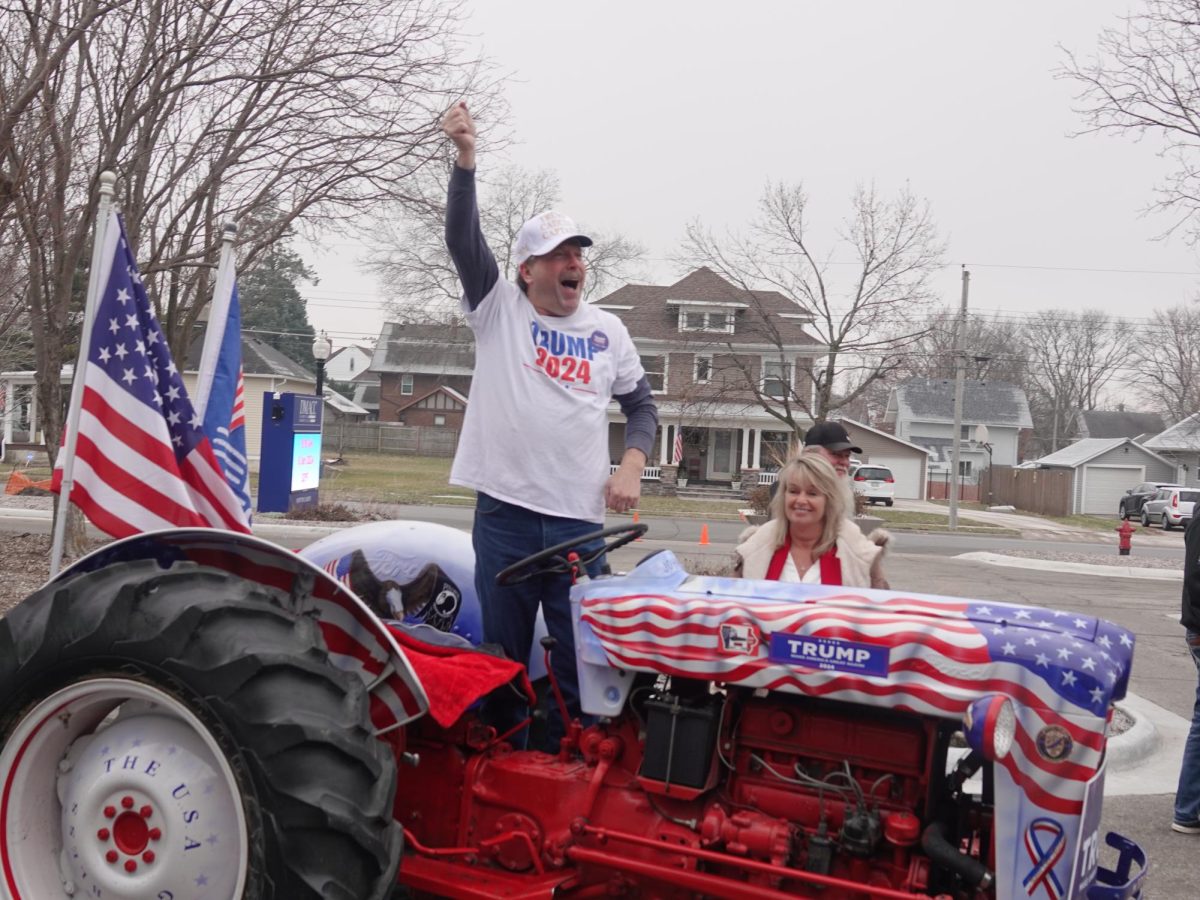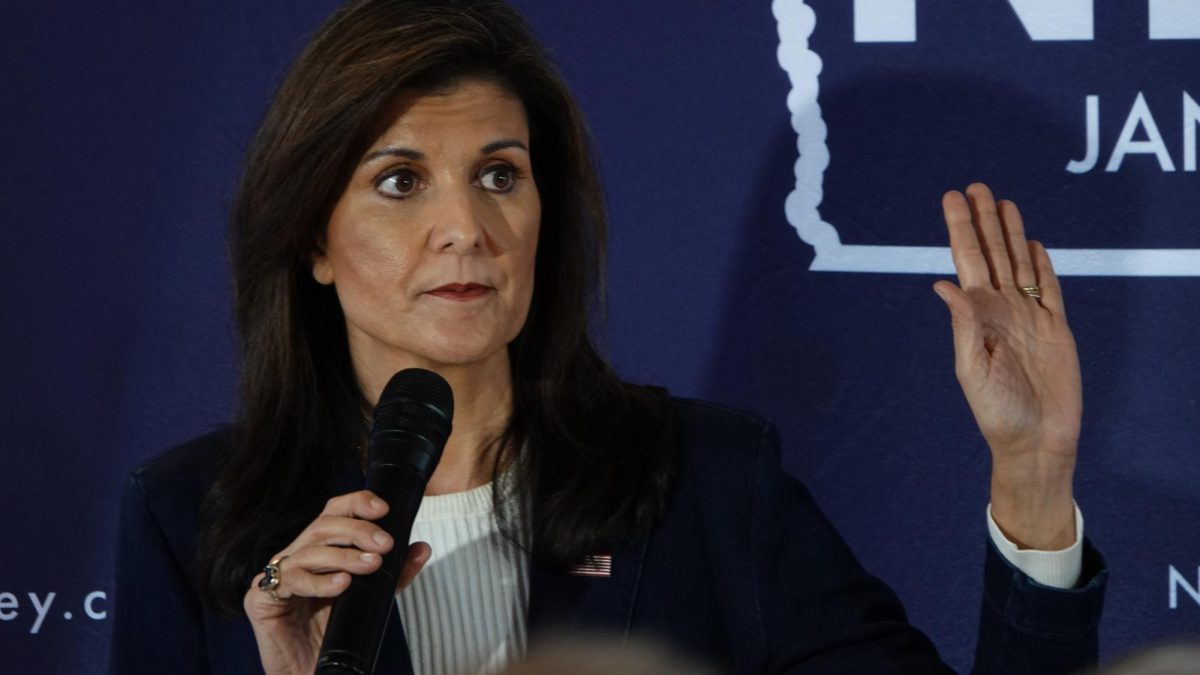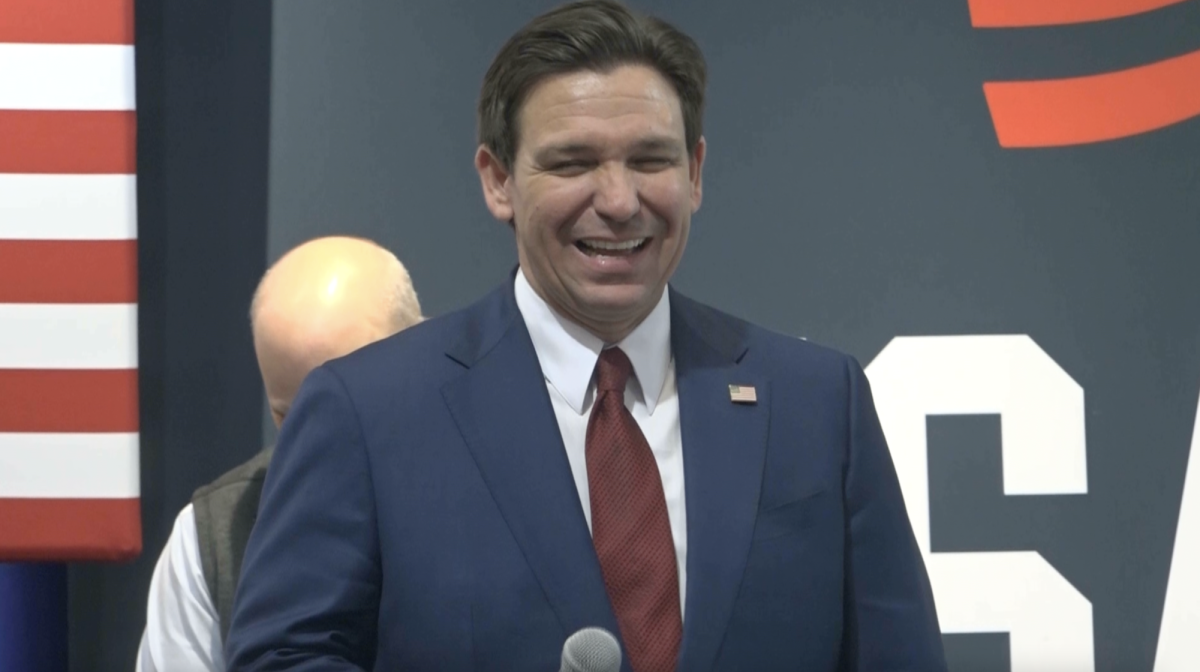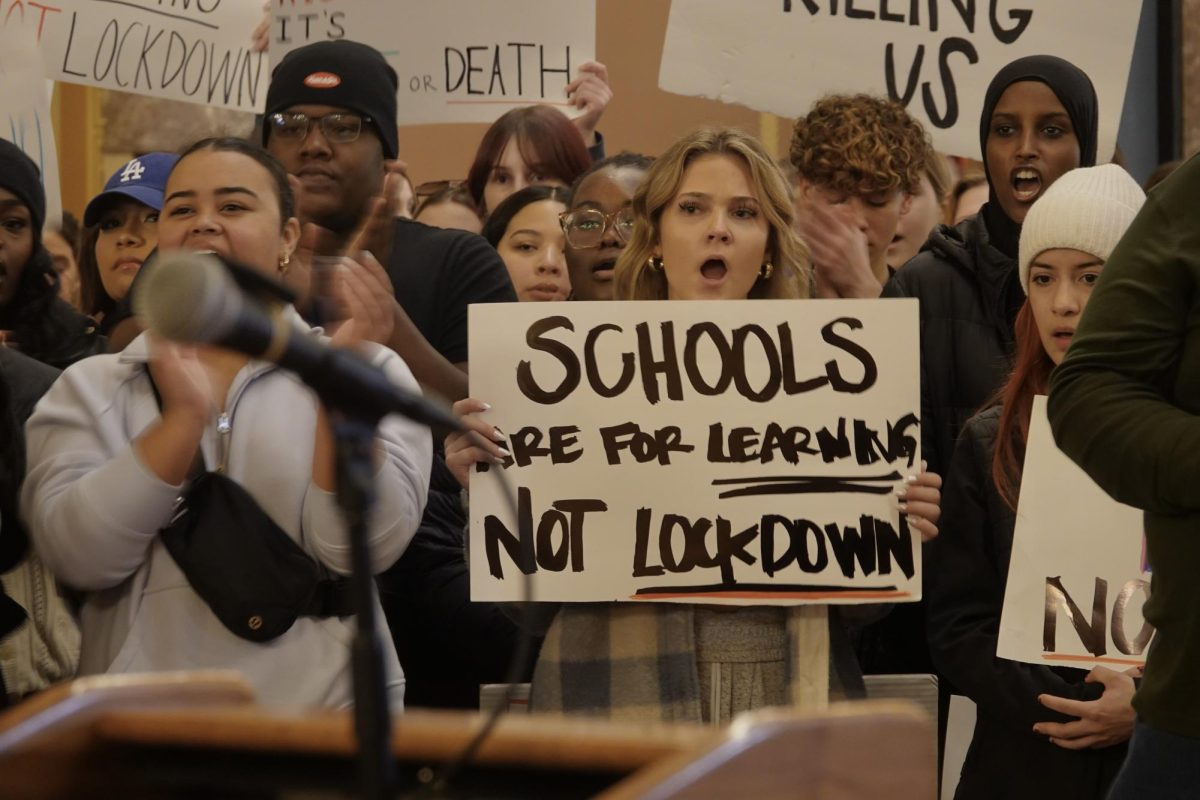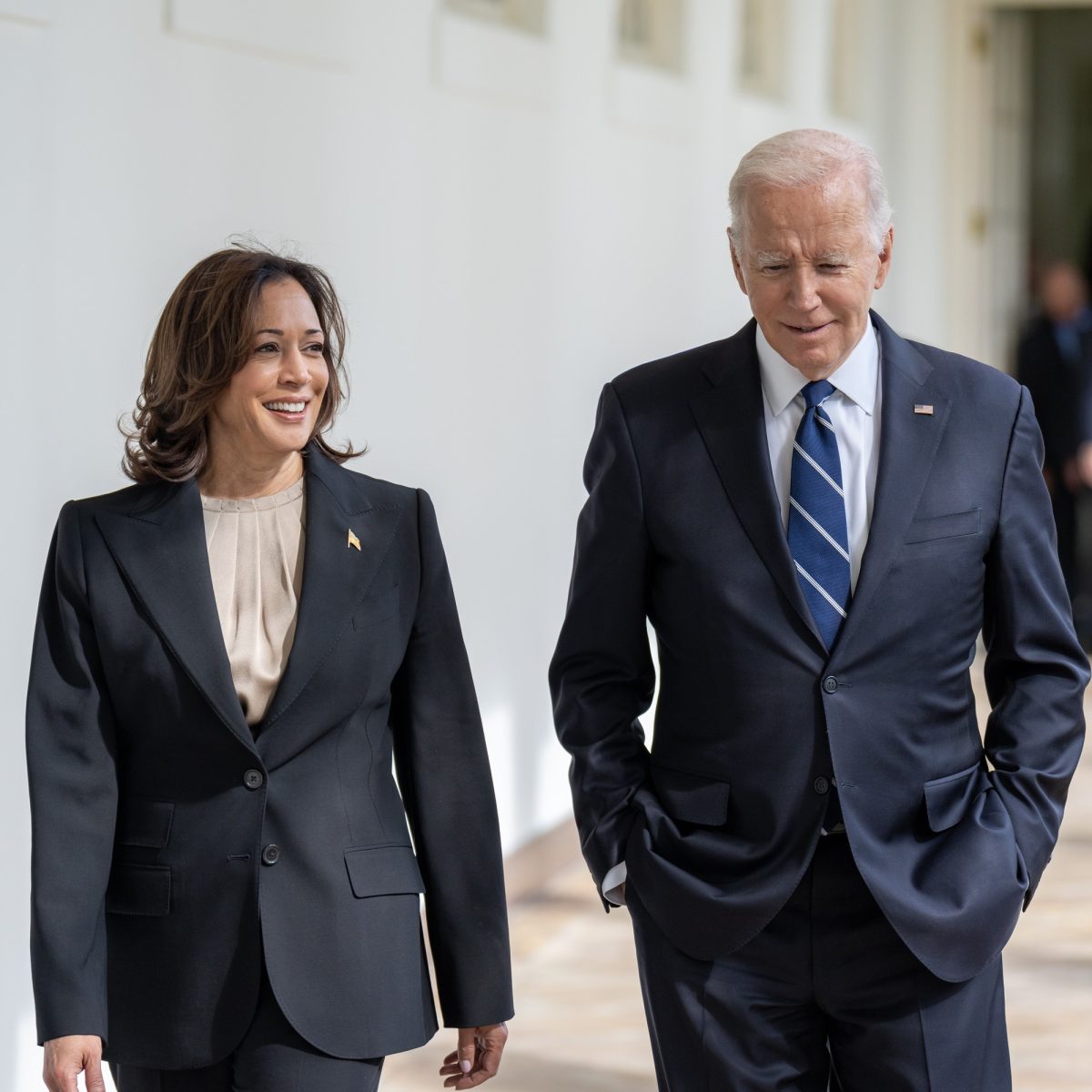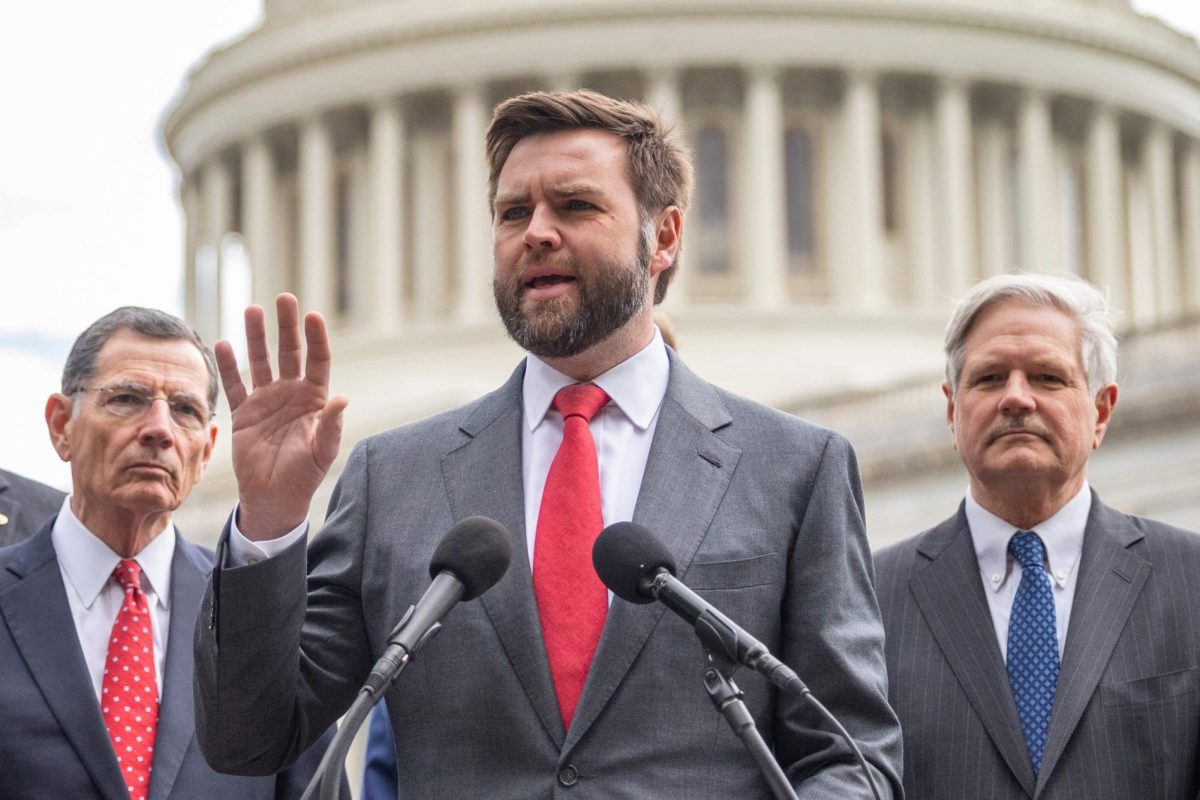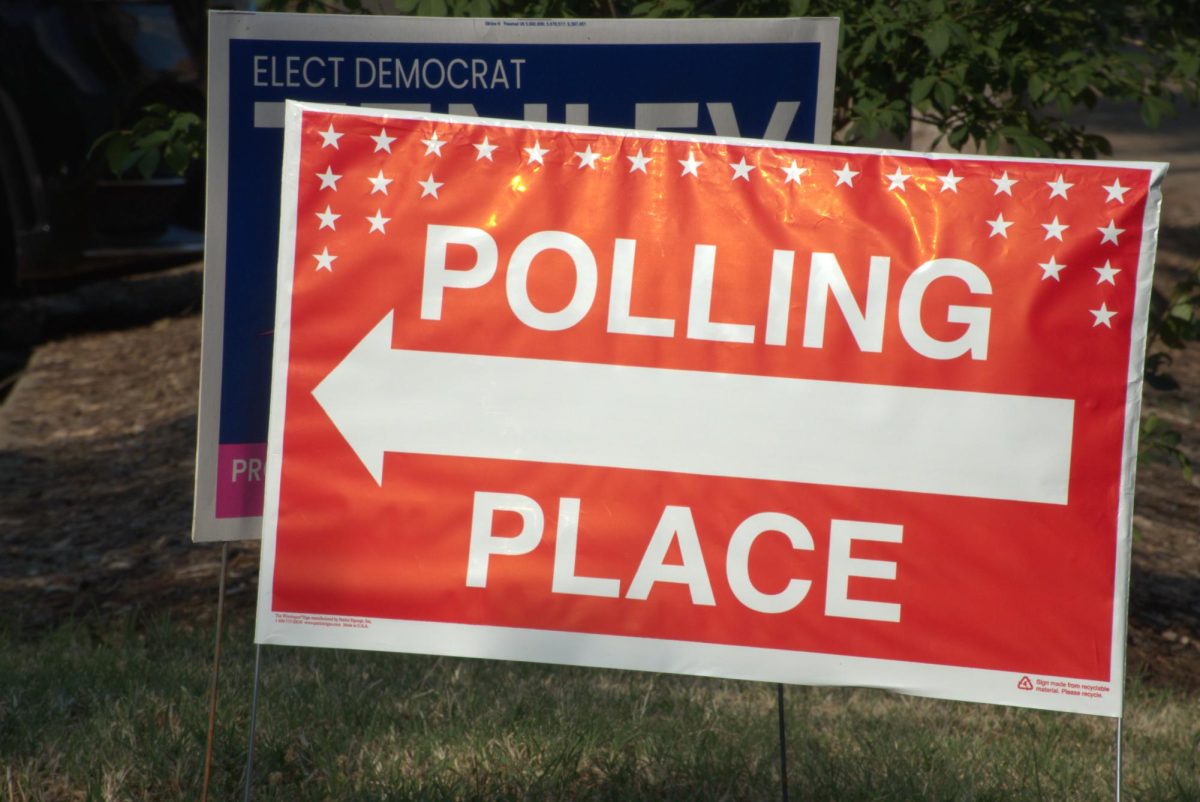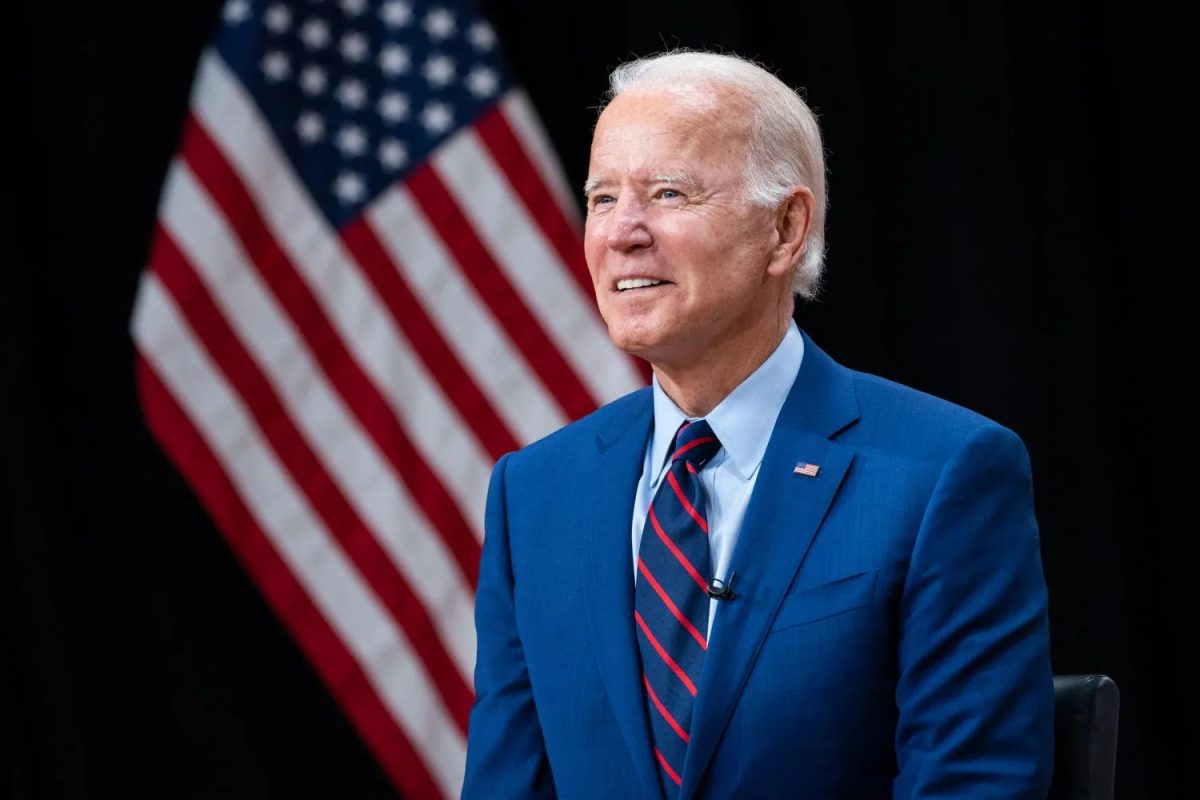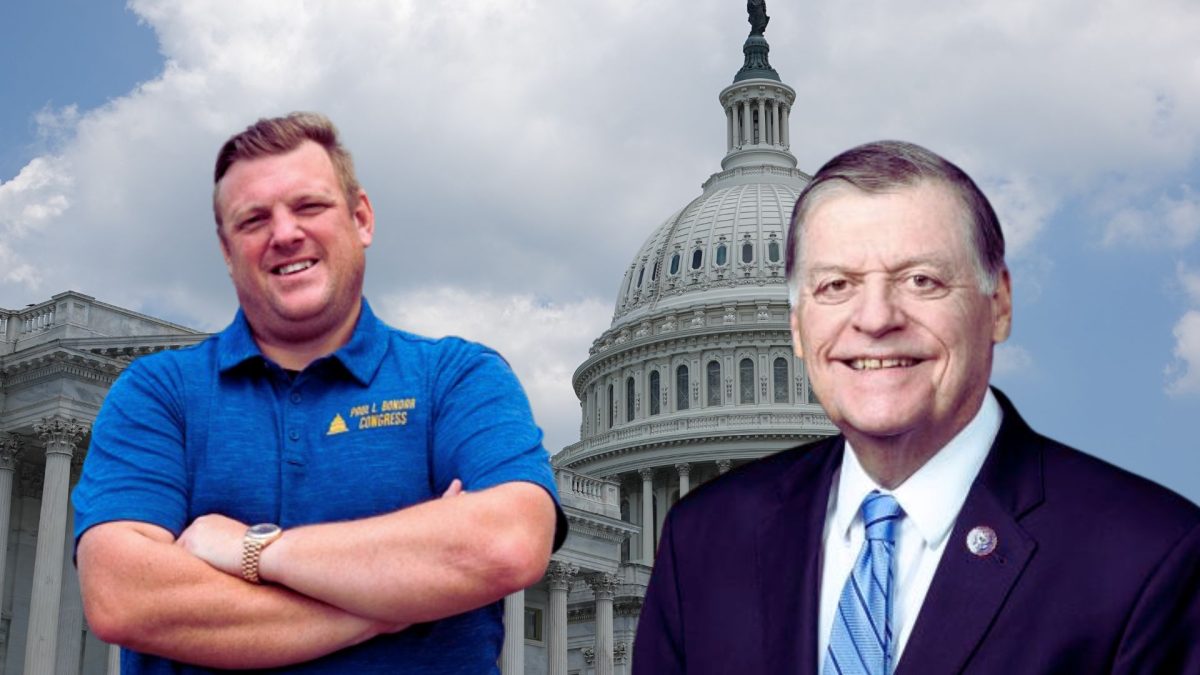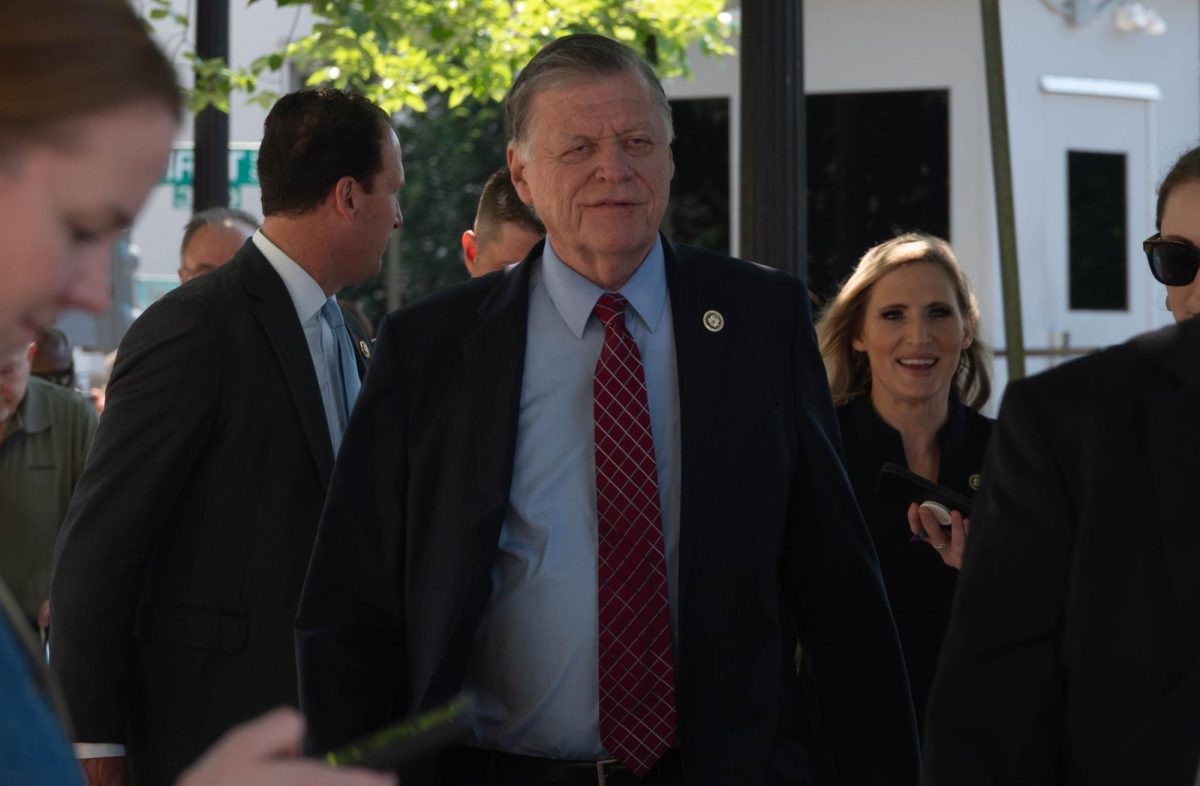DES MOINES, Iowa – As the Iowa caucus process entered its final days, some college students questioned why their peers are not eager to be involved.
“A lot of students have heard of it. They don’t really know what it is,” said Jack Campbell, a freshman from Tulsa, Oklahoma, attending Simpson College in Indianola, a Des Moines suburb.
Every four years prior to the presidential election, the Republican and Democratic parties hold precinct causes throughout the state of Iowa. It is an event that serves as the first step toward choosing their party candidates.
On Monday, registered Iowa Republicans will have the opportunity to select between former President Donald J. Trump, Florida Gov. Ron DeSantis, former United Nations Ambassador Nikki Haley and businessman Vivek Ramasawamy.
Several politically active students attending Iowa colleges said participation among college-age students has to improve. They think the caucuses can help in that effort.
Campbell, a registered Republican and first-year president of the student government at Simpson College, said he’d forgotten about the Republican caucus prior to attending school in Iowa.
“I personally thought about it a long time ago, and then I forgot about it. I was like, oh, yeah, the Iowa caucuses. I’ll be in Iowa. And then I just forgot,” Campbell said.
Campbell attended a Ron DeSantis meet-and-greet in Grimes, a Des Moines suburb, where he asked the Florida governor what his plans were to increase civic engagement among youth voters.
DeSantis told Campbell that “liberty and freedom” were the keys to not only getting younger voters more engaged, but to also steer them toward the Republican party. Campbell said he wasn’t completely swayed by DeSantis’ idea. The broad term of liberty and freedom may appeal more to the rebellious side of potential young voters who aren’t motivated to join a political party, Campbell added.
A recent survey conducted by the Center for information & Research on civic engagement and learning (Circle) found that 57% of college-aged students are extremely likely to vote in the 2024 election. Democratic and Republican leaders are looking to that group of voters for support in the general election.
Of the 57% who are extremely likely to vote, 51% said they are likely to vote Democrat in the fall election, 30% said Republican and 16% were undecided.
The Circle survey also reported 40 million potential voters this year will be ages 18-26, making up nearly one-fifth of the country’s eligible voter base.
For the 2024 presidential primary campaign, the Democratic National Committee ordered that Iowa Democratic caucus-goers would not be allowed to express presidential preferences that night as they have done in years past.
Instead, votes will be tallied via a mail system and counted on Super Tuesday to be held on March 5.
“I would definitely caucus for them (Democrats) because I feel like there kind of needs to be someone new. I feel like a lot of the old candidates have taken a step back and have really just been given a stage to play.” said Jake Sweeten, a gymnast and political science major at Simpson.
Despite being on different sides of the political aisle, Campbell and Sweeten think the two-party system has put the nation at a crossroads.
“I think not just recently but in the past couple of years, (I) have not been a fan of the two-party system,” Campbell said. “We’re seeing that political parties are worried about butts in seats. So they’re worried about how much control they can get, and if they have a R (Republican) or a D (Democrat) next to their name.”
Sweeten also expressed his lack of faith in the two-party system, but still thinks it necessary for the political structure of the country.
“There’s definitely a lot of things that I would say I have issues with,” Sweeten said. “But I don’t think it’s maybe the best option.”
Estella Ruhrer Johnson, a University of Iowa sophomore, suggested promoting participation in city politics as a method of increasing voter participation.Johnson is former president of the University of Iowa Democrats, a current member of student government and sits on the university’s Council on the Status of Women.
Johnson said the consistent control of the two-party system has led the nation to be somewhat stagnant in its ideals. But she thinks voting in the general election is better than the alternative. “Oftentimes, people think the presidential election is the only election, or is the only election that matters, but in reality, the president has the least jurisdiction over your personal life,” Johnson said.
According to the Circle survey, half of young voters who didn’t vote in 2020 had no college experience and don’t plan on voting in the 2024 election.
“I think that’s a big thing with younger voters is making it a priority in schools to teach people that no matter who you vote for, what you’re voting for, that is an important thing,” Sweeten said.
Gaylord News is a reporting project of the University of Oklahoma Gaylord College of Journalism and Mass Communication. For more stories by Gaylord News go to GaylordNews.net.

